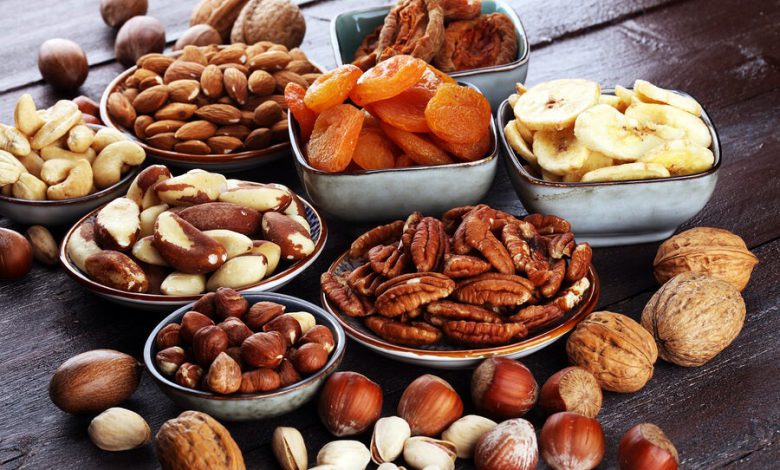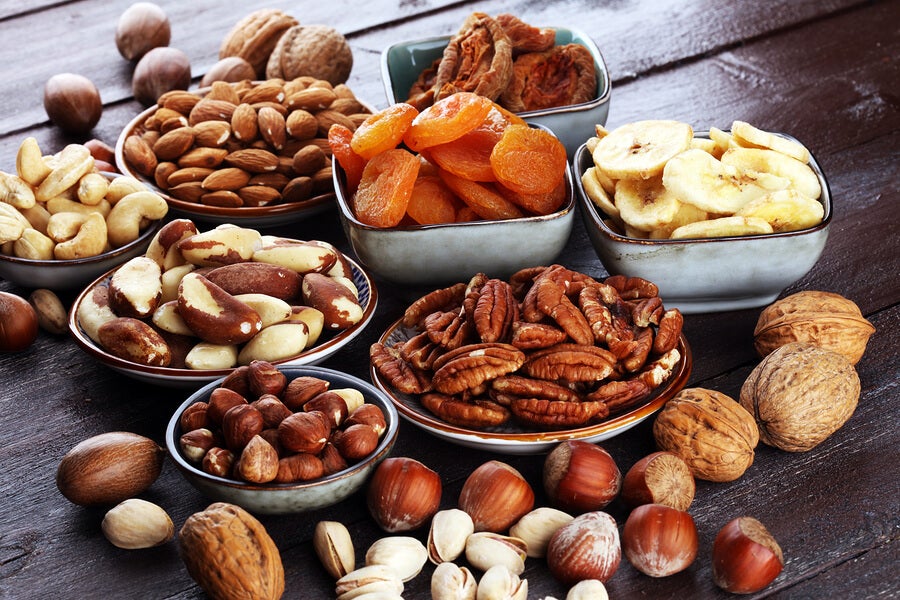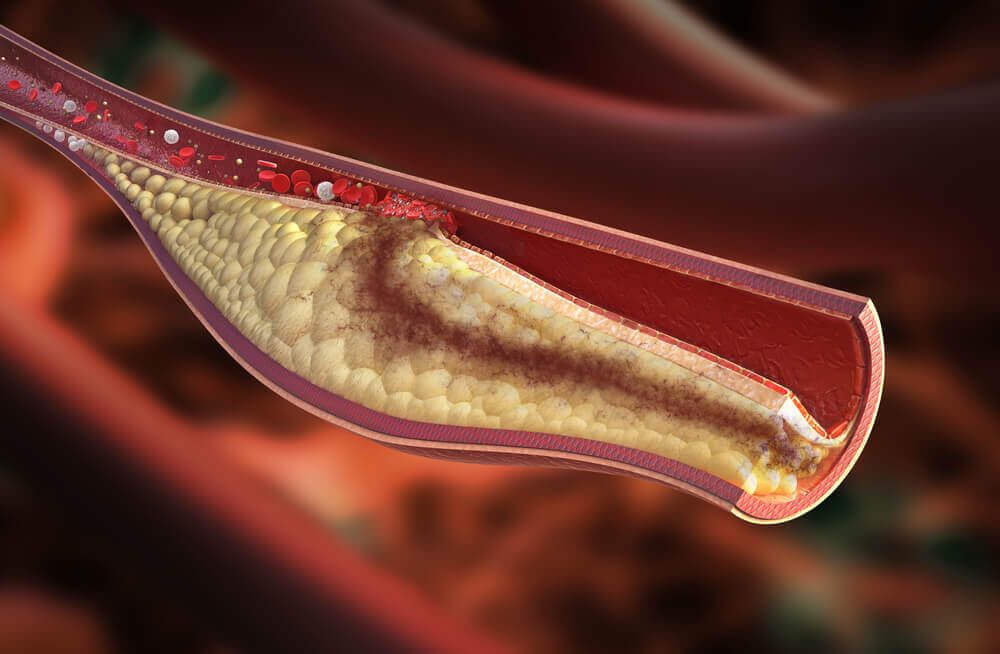Health Contributions Of Nuts According To Science

Although nuts have many calories, they have numerous health benefits according to science, since they provide essential nutrients, including a high content of proteins, antioxidants, minerals and vitamins B and E. Discover all the properties of this food in this article!
Remember that the basis of a healthy diet is variety. In this sense, it is important to introduce different types of nuts to take advantage of all their benefits, since each type contains some nutrient in a greater proportion.
Nuts according to science
Nuts are a generic group of foods that are actually grains, seeds, or fruits. They have in common a low water concentration and a high fat content. The Spanish Heart Foundation advises to eat a daily portion of nuts that are between 20-30 grams, that is, “a handful.”
The healthiest options to take this food are natural, that is, without roasting, without frying, with the shell, without additives and without salt. Thus, we can take advantage of all the properties of fatty acids and antioxidant compounds.

Control weight
Nuts help maintain weight despite being caloric. Let’s see the calories they provide in each 100-gram serving:
- Macadamia nut: 718 kcal.
- Walnut: 650 kcal.
- Pine nut: 629 kcal.
- Hazelnut: 628 kcal.
- Almond: 575 kcal.
- Peanut: 571 kcal.
- Pistachio: 557 kcal.
- Cashew: 550 kcal.
- Chestnut: 213 kcal.
Keep in mind that, in general, we ingest 30 g as we have said before. Therefore, they provide us with fewer calories. Despite this, nuts are not associated with greater weight as shown in this study published in the European Journal of Nutrition .
And what could this be due to?
- High satiating power, thanks to its protein, fiber and fat content.
- Greater compensation. Nuts make you eat less in other meals, compensating up to 65-75% of the calories ingested.
- Greater adherence to the diet, as they are accepted by the brain as a pleasant food.
Beneficial for the cardiovascular system
Nuts are high in monounsaturated and polyunsaturated fatty acids. Therefore, they are a good food supplement to reduce the risk of atherosclerosis and diseases of the cardiovascular system.
Specifically, they have the ability to lower total blood cholesterol and its LDL fraction, popularly known as “bad cholesterol”. In addition, it maintains or slightly increases HDL cholesterol, also called “good cholesterol”.
We see it in this review, which summarizes the results of several large studies, where the higher the consumption of nuts, the lower the mortality from coronary heart disease.
The dried fruit that provides the most amount of omega-3s are walnuts. Helps reduce cholesterol and triglyceride levels, as well as lower blood pressure. Hazelnuts and almonds lower blood lipid and homocysteine levels.

They help intestinal transit
Fiber shortage is one of the main causes of constipation. With 10.6% of this nutrient, pistachios are good friends of the proper functioning of the intestines. In addition, almonds and pistachios, especially when eating the skin, have been shown to be capable of acting as a prebiotic, improving the diversity of the microbiota.
Lower risk of developing diabetes and metabolic syndrome
According to science, including nuts in the diet, at least twice a week, is associated with a 32% reduction in the risk of developing metabolic syndrome and diabetes, as this study published in Nutrients shows.
On the other hand, it should be noted that they are rich in trace elements, minerals that the body needs in minimal amounts, especially magnesium. This is an adjunct to insulin resistance, which helps prevent the development of type 2 diabetes.
Cashews, with 292 mg per 100 g, are the ones that provide the most magnesium. For their part, pistachios also stand out for their high potassium content (1025 mg), whose deficiency prevents diabetes control.

Improve cognitive function
Other benefits attributed to nuts is their possible power in the prevention of cognitive dementia. Walnuts possess numerous neuroprotective compounds such as vitamin E, folates, melatonin, polyphenols, and omega-3s.
They prevent bone ailments
Almonds are the nuts that provide the most calcium, specifically 269 mg per 100 g. Therefore, they are a good option to supplement or increase the levels of this mineral and prevent osteoporosis or bone discomfort.
For its part, pine nuts have significant amounts of zinc, 6.45 g per 100g, which helps in the formation and mineralization of bones and joints.
Eat nuts frequently
Did you know these benefits of nuts? Do you already include them in your diet? Remember that you can enjoy them as part of your breakfasts or snacks. The most important thing is to moderate the portions so that they do not exceed the recommended amount of calories.









